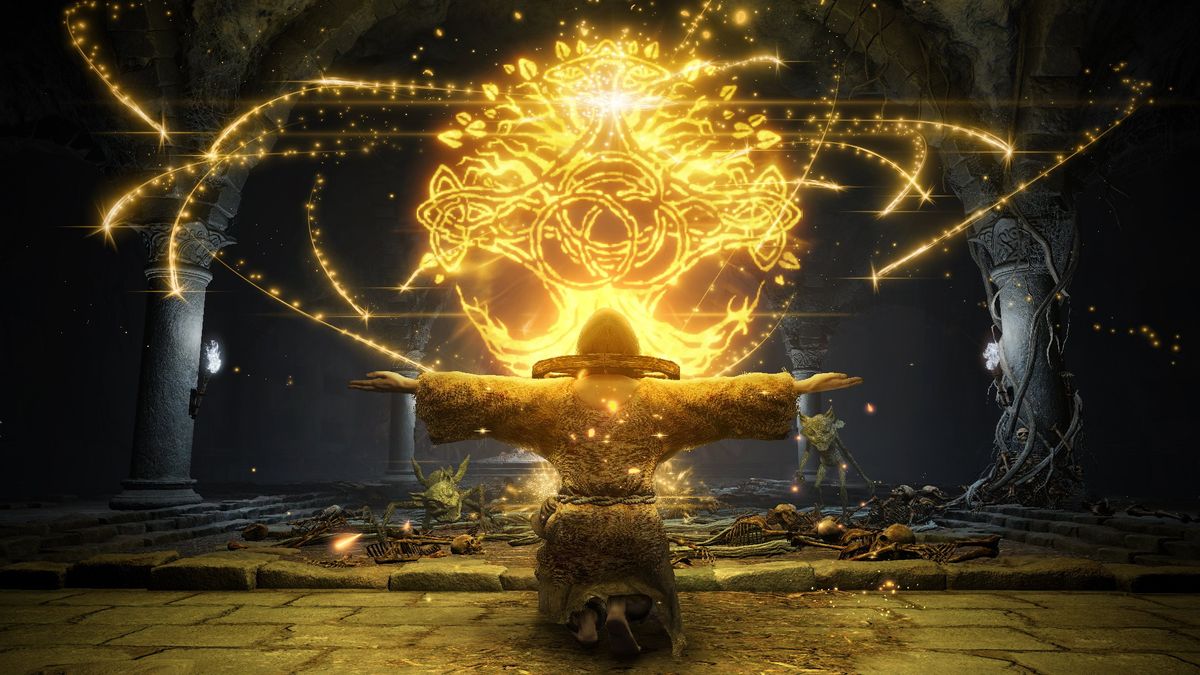The commercial success of Mass Effect: Legendary Edition bodes well for the development of Dragon Age 4 and Mass Effect 5.
During EA’s recent earnings call, CEO Andrew Wilson told investors that “the launch of Mass Effect: Legendary Edition […] reignited passionate fans around the world.” More than just a hit with fans, however, Wilson says that the game’s “sound” sales performance were “well above our expectations.”
That’s good news for EA, which gets a nice sound-bite to pass down to investors, but more importantly, it’s great news for BioWare and fans of the studio’s two major franchises. On a purely financial level, while the better-than-expected injection of cash from Mass Effect: Legendary Edition is unlikely to prove entirely sink-or-swim for the studio, it might help throw off the spectre of Anthem. BioWare’s most recent new release was a critical and commercial failure; sales targets were missed, and its eventual abandonment means that EA has passed up significant microtransaction revenue. With Mass Effect performing far better, any pressure placed on the studio after its high-profile flop may have lifted slightly.
In development terms, the impact of Anthem’s failure has already been felt. EA and BioWare reportedly decided to drop live-service elements from Dragon Age 4 and return to a more traditional format as a direct result of its failed multiplayer experiment. The success of its re-released trilogy is a significant vote of confidence in the single-player RPG format that has formed the backbone of the studio’s work over its 25-year history.
With some of the financial burden lifted, the corporate expectation around future projects shifting back in-line with the studio’s expertise, and a community that’s still demonstrably rooting for the classics, BioWare has a lot of factors working in its favour. But perhaps the most important opportunity stemming from the success of Legendary Edition will be a sense of relative freedom. By providing a critical and commercial hit after a few rocky years, the trilogy may have granted BioWare significant room to breathe; the ability to lean on older games for future revenue should mean we never see a repeat of Dragon Age 2’s extremely tight turnaround, and the community’s attachment to beloved settings and characters means that the studio doesn’t have to search for an Andromeda-level reboot unless it wants to.
Apart from a few teasers, BioWare’s keeping its plans for Mass Effect 5 pretty close to its chest, and it seems we’re still a few years out from returning to the stars with anyone who set foot on the Normandy. Dragon Age 4, however, seems like it might be much closer, and it’ll be interesting to see whether BioWare tries to replicate the success of its sci-fi Legendary Edition with a similar offering from its fantasy series. The Dragon Age narrative arc remains far less cohesive across the three games, but neither studio nor publisher is likely to want to leave another community home run on the table, especially when it might offer the teams behind BioWare’s beloved worlds so much opportunity.
BioWare’s new general manager wants to rebuild the studio’s reputation for quality.
 Game News Video Games Reviews & News
Game News Video Games Reviews & News



